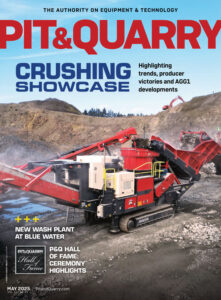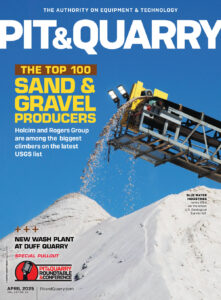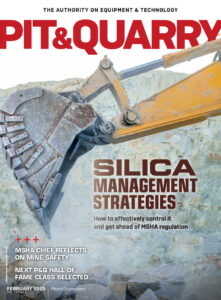When someone realizes during the summer that the coolant level in a cooling system is low, it may seem to make sense to add a jug of water to top off the system when the correct fluid is not available. In the winter, the opposite approach might be taken by adding a jug or two of antifreeze/coolant (AF/C) concentrate, when freezing is the primary concern.
While these apparently common-sense fixes may not scream “bad idea” at the time, they can be detrimental to the health of the entire engine.
It is essential to stick to your usual recommended maintenance schedule and practices as winter weather puts strains on your engine. Don’t let summer thinking get you stuck on a winter road. The functions of AF/C are far more complex than simple freeze and overheating protection. The newest technologies in today’s AF/C provide a layered approach to controlling engine temperatures, as well as protecting engine components from premature damage and excessive corrosion.
If a cooling system is unable to satisfy the essential requirements a heavy-duty engine puts on it, then that vehicle’s horsepower, fuel efficiency, emissions and overall durability may be compromised. So selecting the highest quality AF/C products and replenishing at the recommended interval will ensure operating efficiency and optimal performance. Controlling as many variables and keeping trucks on the road directly affect the bottom line of any operation. These are some of the highest priorities for fleet managers.
The primary functions of heavy-duty AF/C are these:
- Providing efficient heat transfer, transporting engine heat to control critical metal temperatures.
- Maintaining an optimum engine temperature for fuel and lubrication efficiency.
- Increasing the cooling index to help prevent boilover and overheating failure.
- Providing freezing protection to the very lowest temperature encountered.
- Providing effective corrosion protection or corrosion inhibition for all cooling system metals through a wide range of temperatures.
Information is courtesy of the Prestone Command Technology Center.










